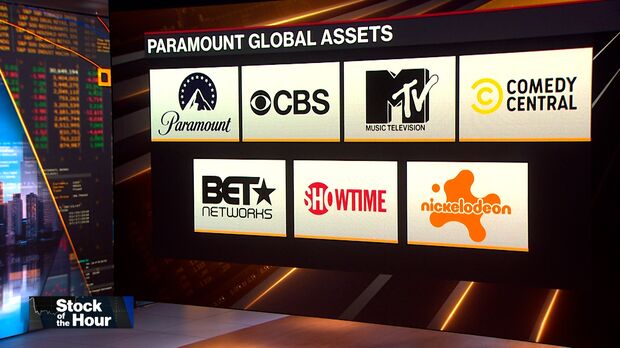Meta Platforms, which owns Facebook and Instagram, has announced it will end its fact-checking program and various diversity initiatives, citing a changing legal environment. Amazon has committed to phasing out outdated diversity programs by the end of 2024, with a focus on proven outcomes for inclusion. Both companies’ actions align with a growing trend of major brands like Walmart and McDonald's distancing themselves from diversity efforts deemed politically risky in the face of increasing pressure from conservative activists.
Meta's decision follows a Supreme Court ruling that restricts race considerations in college admissions, leading the company to abandon its approach of prioritizing diverse candidate pools. The tech giant plans to focus on small and medium-sized suppliers instead of those based on diversity metrics. Notably, Amazon intends to streamline diversity efforts that do not deliver measurable results, as indicated by a memo outlining its new direction for inclusion initiatives.
This wave of corporate caution has roots in backlash from conservative groups against perceived progressive policies, which they label as "woke" activism. Significant pressures on brands like Bud Light and Target, aimed at LGBTQ customers, underscore the risks companies face in pursuing inclusive marketing.
Both Meta and Amazon's moves may have long-lasting implications, reversing some of the social responsibility commitments made in the wake of the Black Lives Matter protests in 2020. Critics argue that abandoning diversity commitments could hinder not only employee morale but also long-term business growth, with organizations like the Human Rights Campaign highlighting the importance of inclusion for corporate success.
As the landscape shifts, the tension between political activism and corporate responsibility continues to evolve, raising questions about how businesses navigate the balance between inclusivity and public relations strategies in a polarizing political climate.
Meta's decision follows a Supreme Court ruling that restricts race considerations in college admissions, leading the company to abandon its approach of prioritizing diverse candidate pools. The tech giant plans to focus on small and medium-sized suppliers instead of those based on diversity metrics. Notably, Amazon intends to streamline diversity efforts that do not deliver measurable results, as indicated by a memo outlining its new direction for inclusion initiatives.
This wave of corporate caution has roots in backlash from conservative groups against perceived progressive policies, which they label as "woke" activism. Significant pressures on brands like Bud Light and Target, aimed at LGBTQ customers, underscore the risks companies face in pursuing inclusive marketing.
Both Meta and Amazon's moves may have long-lasting implications, reversing some of the social responsibility commitments made in the wake of the Black Lives Matter protests in 2020. Critics argue that abandoning diversity commitments could hinder not only employee morale but also long-term business growth, with organizations like the Human Rights Campaign highlighting the importance of inclusion for corporate success.
As the landscape shifts, the tension between political activism and corporate responsibility continues to evolve, raising questions about how businesses navigate the balance between inclusivity and public relations strategies in a polarizing political climate.

















